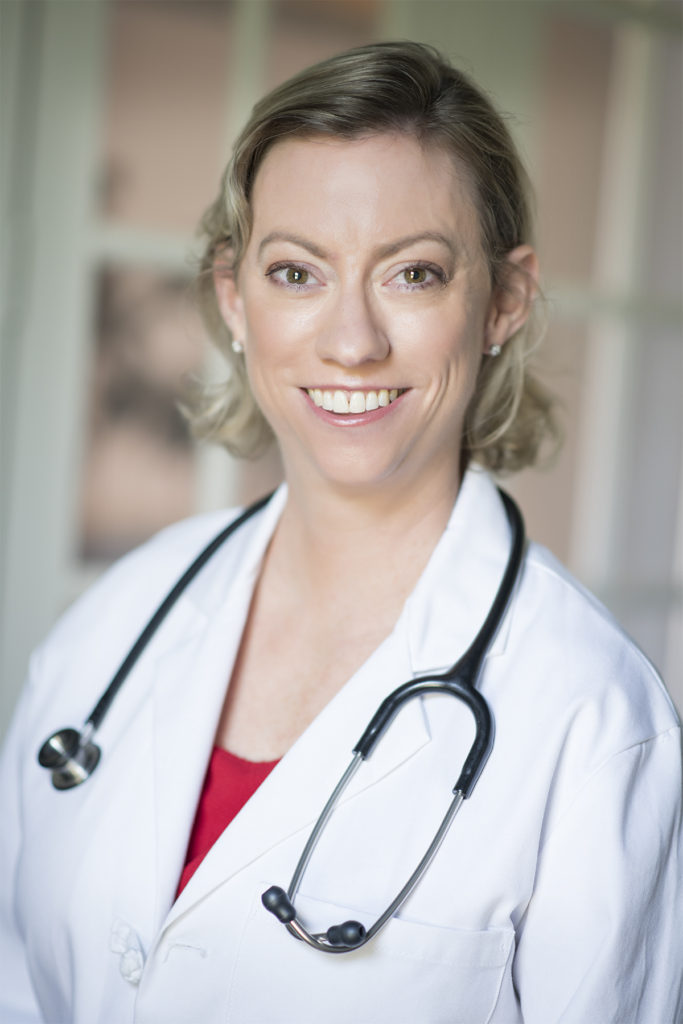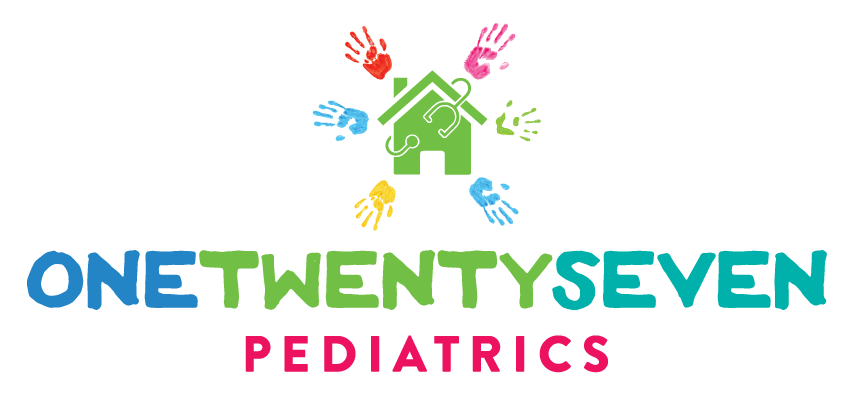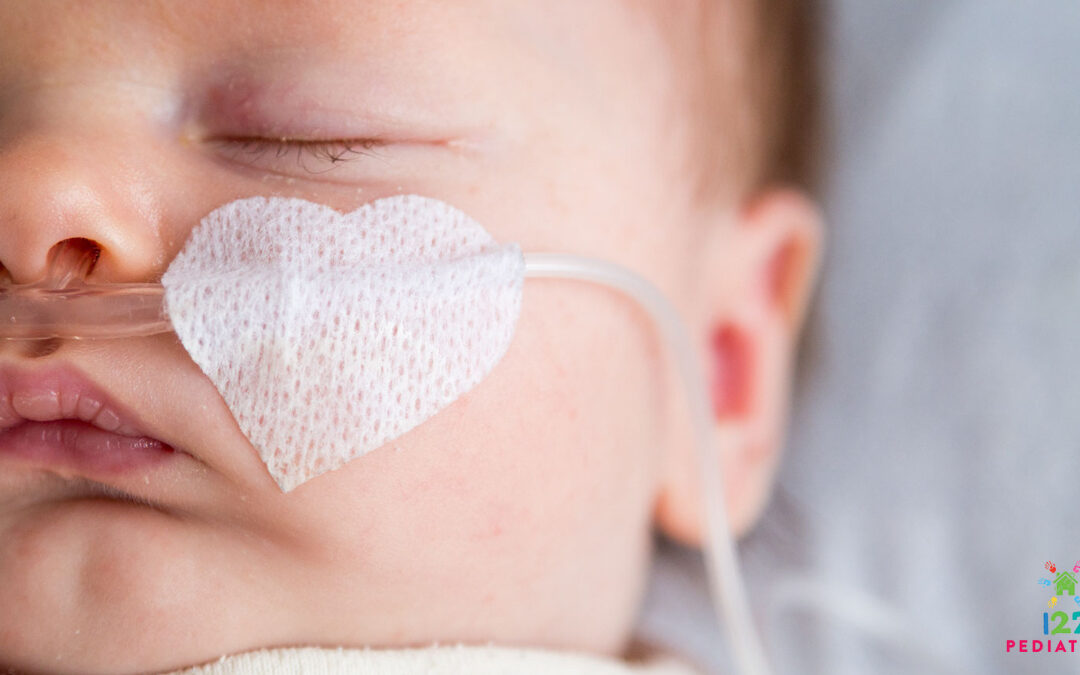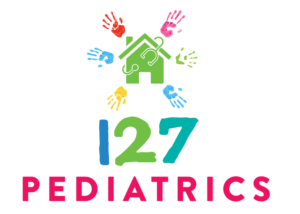Respiratory Syncytial Virus
Often, the winter months are prime time for respiratory viruses such as RSV. During this time of year, pediatric offices and hospitals fill up with sick kids. But what is RSV and is it dangerous for every kid?
What is RSV?
Respiratory Syncytial Virus (or RSV) part of a family of viruses that infect the lungs. RSV causes a respiratory illness in both children and adults.
Who is at greatest risk from an RSV infection?
Young babies are at greatest risk for severe illness from RSV. This virus will attack the smallest breathing passages of the baby to cause a lower respiratory tract infection. High risk infants, including premature infants, are at the absolute greatest risk of becoming hospitalized due to RSV. Babies with congenital heart disease as well as chronic lung disease are also at increased risk for severe infection. Additionally, kids and adults with compromised immune systems suffer complications from respiratory syncytial virus infection.
RSV symptoms
In older children and adults with normal immune systems, respiratory syncytial virus infection often causes mild, cold-like symptoms. Babies older than 6 months of age often suffer common cold symptoms as well. Often, the virus will cause an upper respiratory tract infection in these age groups instead of attacking the lower tract. Symptoms of an upper respiratory tract infection include coughing, sneezing and runny nose. Younger kids can also have wheezing with RSV.
When should you call your pediatrician?
If you suspect that your baby has RSV, but they only have mild cold-like symptoms, you can easily manage their symptoms at home. However, if your baby has this respiratory tract illness and has rapid breathing, poor feeding, or is difficult to keep awake you need to call your child’s pediatrician right away. Babies with these symptoms likely have severe disease and need to be seen by the pediatrician for an assessment and physical exam.
How contagious is RSV?
Respiratory viruses are generally very contagious and RSV is no exception. Often, there are outbreaks of RSV in daycare centers and schools each winter. This respiratory virus is transmitted via droplets that are coughed or sneezed. This stubborn virus can also live for hours on surfaces (also known as fomites) such as toys, door knobs and counters. When you touch one of these objects and then touch your mouth, nose or eyes, you have the potential to transmit RSV to yourself.
How does your doctor know it is RSV?
When you take your child to an emergency room or urgent care with symptoms of cough and congestion, they will get swabbed (tested) for all of the things. Especially during the winter months. If you take your child to their pediatrician’s office, they may or may not swab your child for RSV. There are rapid tests for RSV, but often we reserve these for high risk infants or kids who are at risk for adverse events from RSV. Testing is also helpful if your child is being admitted to the hospital. It will enable staff to cohort these contagious children away from other kids who are in the hospital for other reasons. For every other child with a mild illness, we just treat the symptoms until your child starts to feel better.
What can I do to help my baby feel better?
Babies with RSV are often very miserable. The most important thing to do for them is to keep them hydrated. Rapid breathing can cause them to get dehydrated pretty quickly. If your child has mild illness and you are treating them at home, offer small sips of fluid often. You can also use a cool mist humidifier in their room. Kids over the age of 1 year old can have honey to help soothe their coughing. Young babies need their nose to stay as clear as possible, so frequent suctioning is key for them.
Can I prevent my child from getting RSV?
Preventing RSV is similar to preventing any other respiratory illness. The main thing is to keep your child home if they are sick. Teach them how to cover their mouth and nose when they cough or sneeze. Discourage small kids from sharing drinks, utensils or cups with their friends or family members. Keep little ones from putting toys or other objects in their mouths. Disinfect toys and surfaces at the end of each day.
How an at-home pediatrician can help
If you are tired of sitting in a pediatrician’s waiting room, especially during the busy winter months, 127 Pediatrics is the practice for you. We offer all home visits, small patient panels and personalized attention. Our goal is to offer convenient and evidence based pediatric care to children and their families in the comfort of their own homes. Dr. Tessa Tovado is accepting patients in an around Aledo. Dr. Wadley is accepting newborns only starting in December 2022 in the Colleyville area. Give us a call today!
© 127 Pediatrics; Updated October 2022

Dr. Andrea Wadley is the owner, pediatrician, and breastfeeding medicine specialist for 127 Pediatrics. She has an established house calls only pediatric practice in Colleyville, TX. We also have an at-home pediatrician serving the Aledo area. Dr. Wadley sees patients all over Tarrant county for concierge breastfeeding medicine consults, lactation consults, fourth-trimester care, tongue tie clipping, and medical ear piercing.


